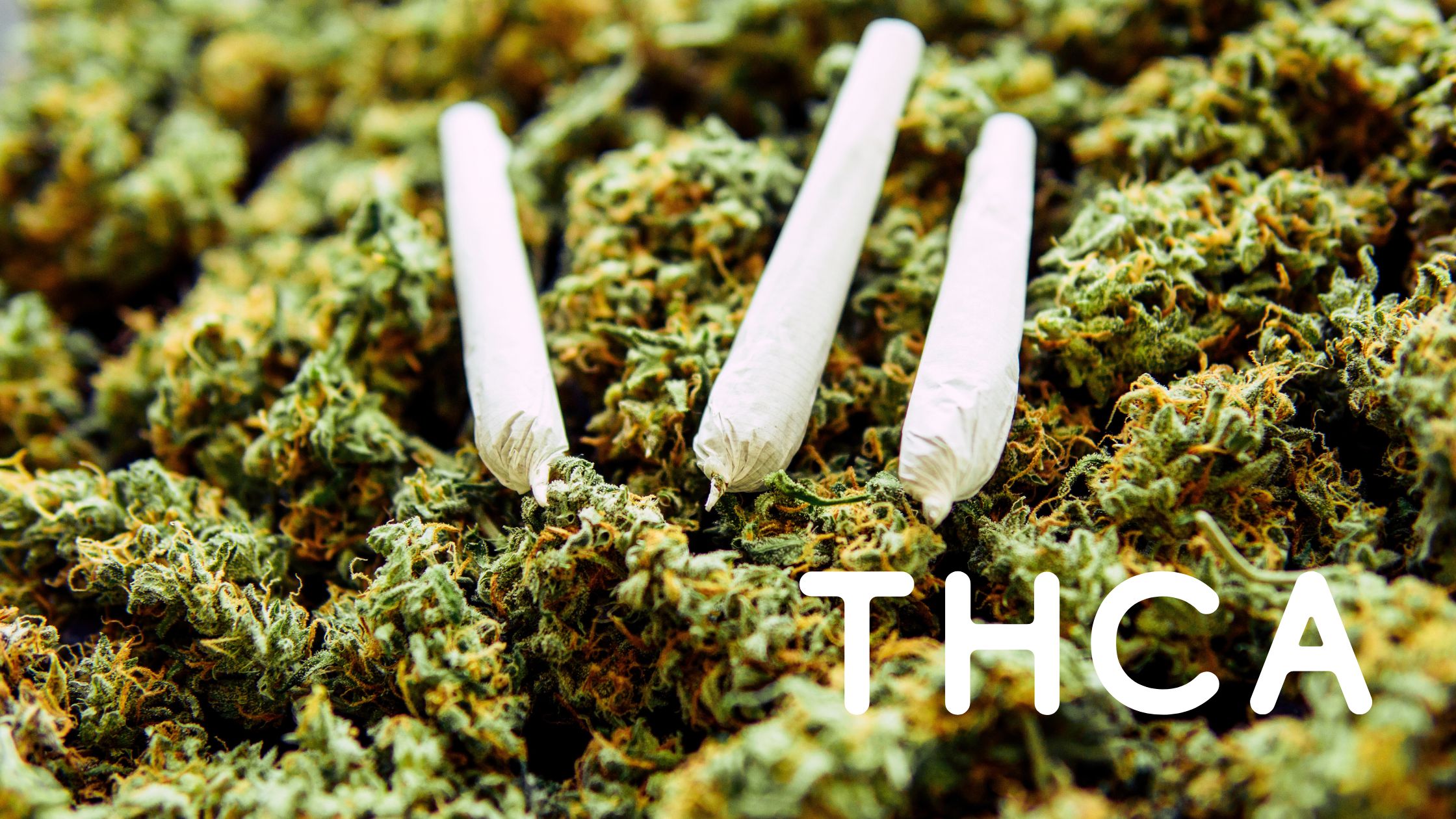Understanding THCA
As cannabis gains popularity, more people are hearing about THCA, or tetrahydrocannabinolic acid. A common question arises: Does THCA produce a high? To answer this, we need to explore what THCA is, how it contrasts with THC, and its effects on users.
What is THCA?
THCA is a naturally occurring, non-psychoactive compound in raw cannabis plants. Unlike THC, which is responsible for the well-known “high,” THCA remains inactive until it undergoes decarboxylation—a process that involves heating. This means that in its raw state, THCA doesn’t produce a high, making the method of consumption an important factor in its effects.
The Chemistry of THCA
THCA’s chemical structure closely resembles THC, but it contains an extra carboxyl group (COOH) that changes everything. When cannabis is heated through smoking, vaping, or cooking, this carboxyl group is removed, converting THCA into THC. This transformation is what allows THC to bind with the brain’s cannabinoid receptors and induce psychoactive effects.
The Difference Between THCA and THC
To understand whether THCA can get you high, it’s important to recognize the key differences between THCA and THC.
Psychoactive Properties of THC
THC is well-known for its psychoactive properties, binding to CB1 receptors in the brain and affecting mood, perception, and cognition. This interaction creates the euphoric feeling that many users associate with cannabis.
How THCA Converts to THC
The conversion from THCA to THC occurs during decarboxylation, which happens when cannabis is exposed to heat. When you smoke, vape, or cook with cannabis, THCA loses its carboxyl group and becomes THC, activating its psychoactive effects. Therefore, consuming raw cannabis or THCA products without heating them won’t result in a high. However, smoking or vaporizing THCA-rich cannabis will.
Effects of Consuming THCA
The impact of THCA on users depends largely on the method of consumption.
Raw THCA Consumption
Consuming raw cannabis or THCA products without heating means you’re ingesting THCA directly. People often report experiencing the potential health benefits of THCA, such as anti-inflammatory effects, without the psychoactive impact. For those looking for symptom relief without a high, raw THCA is an attractive option.
Smoking or Heating THCA
When THCA is smoked or heated, it activates and turns into THC, leading to the psychoactive effects associated with cannabis use. The resulting high can vary based on the strain, dosage, and individual tolerance. For those seeking a traditional cannabis experience, smoking THCA-rich flower can provide the desired effects.
User Experiences with THCA
Anecdotal Evidence from Users
Many users who consume raw THCA appreciate its potential health benefits without the high. Conversely, those who smoke or vaporize THCA often report familiar THC-like effects, though the onset may be more gradual. Anecdotal reports suggest that smoking THCA can lead to a more controlled and smoother high compared to high-THC strains.
Research Insights
Research into THCA is still developing, but early studies indicate it may have therapeutic properties, such as anti-inflammatory and neuroprotective benefits. These findings are particularly relevant for conditions like arthritis and neurodegenerative diseases. While THC’s psychoactive effects are well-documented, THCA’s non-psychoactive nature opens up new possibilities for therapeutic applications.
Health Benefits of THCA
THCA is not just about avoiding a high; it offers potential health benefits on its own.
Therapeutic Properties
Preliminary research suggests that THCA may have anti-inflammatory, neuroprotective, and anti-nausea properties. This makes it an appealing option for those seeking symptom relief without cognitive impairment.
Potential Non-Psychoactive Effects
The non-psychoactive nature of THCA makes it ideal for those who want the potential benefits of cannabis while remaining clear-headed. This allows for versatile daytime use without the cognitive disruption that THC can cause.
Legal Considerations
Understanding the legal status of THCA is crucial as cannabis laws continue to evolve.
The Legal Status of THCA
In many areas, THCA derived from hemp (containing less than 0.3% THC) is legal. The 2018 Farm Bill in the United States has made hemp-derived THCA more accessible. However, it’s essential to check local laws, as regulations can vary widely.
Differences in Legality Compared to THC
While THCA may be legal in many places, THC often faces stricter legal scrutiny. Some states allow THC for medical or recreational use, while others maintain prohibitions. Knowing the local regulations around cannabis products can help you avoid legal issues.
Conclusion
So, does THCA produce a high? No, not in its raw form. THCA is non-psychoactive until heated, at which point it becomes THC and produces the familiar high. This dual nature makes THCA a versatile option: it can offer therapeutic benefits without a high when consumed raw, or it can be transformed for a more traditional cannabis experience. Whether you’re interested in THCA for its health properties or as a pathway to THC, understanding these differences is essential for making informed choices.
Frequently Asked Questions
Can THCA get you high?
No, THCA is non-psychoactive. It only converts to THC and produces a high when exposed to heat.
What are the health benefits of THCA?
THCA may offer anti-inflammatory, neuroprotective, and anti-nausea properties.
How can I consume THCA safely?
THCA can be consumed raw in smoothies or salads or heated through smoking or vaporization for THC effects.
Is THCA legal to use?
Yes, THCA derived from hemp is generally legal, but check local regulations to ensure compliance.
How long does THC stay in your system after consuming THCA?
THC can remain in the body for days to weeks, depending on factors like frequency of use and individual metabolism.

